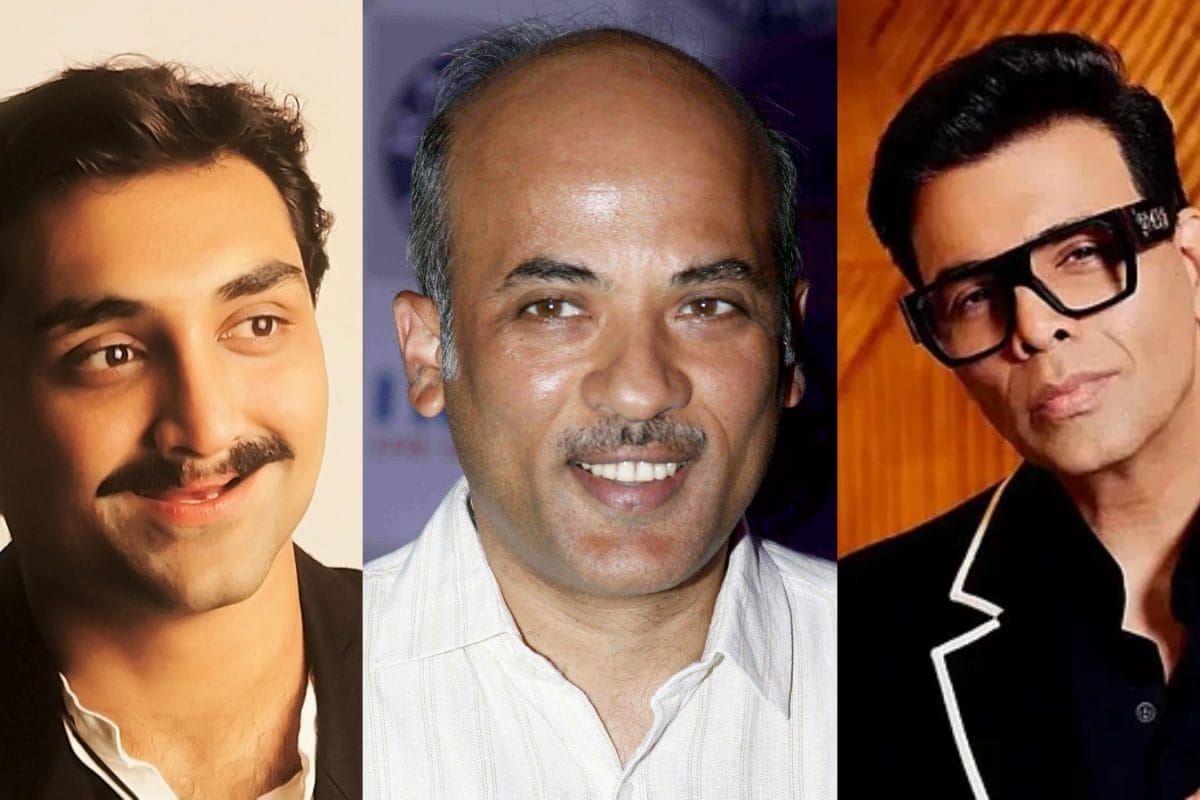

In a recent interview, Sooraj Barjatya, the filmmaker known for his family-oriented movies, reflected on his career and the trajectories of his contemporaries, Aditya Chopra and Karan Johar. Barjatya, while discussing the evolution of Bollywood and the themes that resonate with audiences, acknowledged the privileged backgrounds he and his peers share.
Barjatya stated that he, Aditya Chopra, and Karan Johar were "born with golden spoons". This acknowledgment reflects a recognition of the advantages they had entering the film industry, given their family connections and resources. Barjatya comes from the Rajshri Productions family, while Aditya Chopra is the son of Yash Chopra, the founder of Yash Raj Films, and Karan Johar is the son of Yash Johar, a film producer.
Barjatya's statement speaks to the idea that their upbringing and exposure to a certain lifestyle have influenced the kind of stories they tell. He suggests that because they grew up seeing the "nice side of life," their films often reflect that positive perspective. This is evident in Barjatya's own filmography, which includes movies like "Maine Pyar Kiya," "Hum Aapke Hain Koun," and "Hum Saath-Saath Hain," all of which celebrate family values, love, and tradition.
The director also gave credit to Chopra and Johar for bringing the "NRI phase" into Hindi cinema. He observed that Bollywood has always evolved in phases, from love stories in the late 1980s to family dramas and then the rise of NRI-themed films. Films like "Dilwale Dulhania Le Jayenge" and "Kabhi Alvida Naa Kehna" which catered to the Indian diaspora, became major box office successes.
Barjatya has also expressed his happiness with the current trend of films rooted in Indian ethos finding success. He believes that "Indians will be Indians at the end of the day" and that audiences are eager to see stories that reflect their own culture and values. This aligns with his own filmmaking style, which has always been deeply rooted in Indian traditions and family values.
While acknowledging his privileged background, Barjatya also appreciates the contributions of Aditya Chopra and Karan Johar to the film industry. He has, in the past, spoken about how he respects them for taking filmmaking forward and for their individual visions. He has also said that Karan Johar has always considered him as the school of film making that he has always followed. Barjatya recognizes their impact on shaping the industry and bringing in new trends and perspectives.
In essence, Sooraj Barjatya's statement highlights the role of privilege in shaping the narratives of Bollywood filmmakers. It also acknowledges the evolving nature of the industry and the importance of telling stories that resonate with audiences, whether they are about family values, NRI experiences, or the richness of Indian culture.